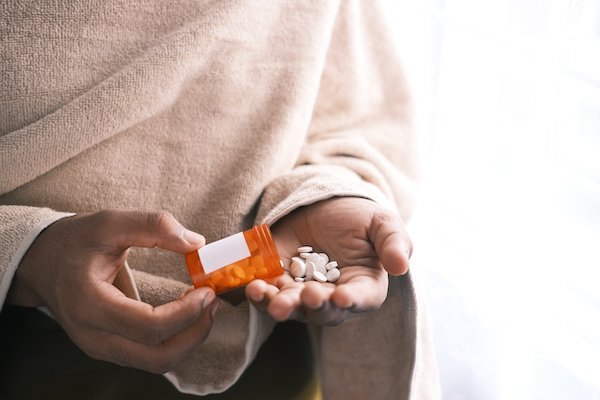Coping with Anxiety: Drugs, Alcohol, and Sex
Everyone deals with stress and difficult times differently. Some coping mechanisms are healthier than others, and many of us don’t always choose the best ways to get through hard times.
Unfortunately, some of the worst ways to cope with stress, trauma, or other mental health issues are drugs, alcohol, and sex. Do you often feel the need to “take the edge off” after a long day? Do you feel like you can’t be happy or unwind unless you’re under the influence of something? Do you use sex as a way to reduce stress or feel more like yourself?
If any of those situations sound familiar, you could be using drugs, alcohol, or sex to cope with the underlying issues in your life. While that might not seem so bad, on the surface, using those things to cope can lead to abuse and addiction. However, it’s important not to jump to conclusions. Let’s take a closer look at some of the signs you might be using drugs, alcohol, or sex to cope, and what you can do to adopt healthier ways to deal with difficult situations.
Looking For a Quick Fix
Many people who turn to drugs, alcohol, or sex to cope with difficult problems are actually looking for a quick fix. No one wants to be in a problematic situation for long. Whether you were hurt, you’re grieving, or you’re just dealing with too much stress right now, it’s normal to want to “get away” from the pain and uneasiness life can sometimes cause.
That’s one reason these mechanisms are so tempting. Most people understand the effects they have, even before trying them. They’re all designed to make you feel good almost immediately. Often, alcohol and drugs can make you forget about your problems for hours at a time.
Unfortunately, that’s where things become problematic.
From Coping to Addiction
Addiction is becoming a real problem throughout our country. Drug use and alcohol abuse are at an all-time high, and sex addiction is more prominent than ever. It’s no coincidence that the rise in various addictions coincides with one of the most stressful, unprecedented times in recent history.
The COVID-19 pandemic has caused a major uptick in mental health issues over the last two years. People have had to deal with the loss of loved ones, the loss of careers, and grief over a lack of normalcy. As a result, many turned to various unhealthy coping mechanisms to get through.
While a drink after work or casual drug use here and there might not seem like a “big deal,” the problem is that it quickly becomes inadequate. Because drugs, alcohol, and sex provide a quick fix and can help you feel better, they can wear off just as quickly. You might find that you start to need more of whatever you’re using to cope so you can keep numbing yourself to your true feelings.
That’s where addiction comes into play. The more you turn to drugs, alcohol, and sex to feel good, the more you’ll become dependent on them.
What Does Addiction Look Like?
How can you tell when you’ve gone from using something as a coping mechanism to becoming addicted? Some people are better at hiding it than others – you might even try to ignore the signs yourself. Some of the most common indicators are
A lack of control
Abandoning commitments
Withdrawing from relationships
Engaging in risky behaviors
Inability to stay away from that substance or behavior
Ultimately, if you feel like you absolutely can’t get through the day without your coping mechanism of choice, it’s started to take control of your life.
What Can You Do?
Thankfully, there are countless healthy coping mechanisms that you can turn to instead. From exercising to journaling and from mindfulness to support groups, you don’t have to use drugs, alcohol, or sex to get through difficult times.
Of course, that can be easier said than done when you’re already in the thick of things. If you feel like you’re struggling with your coping mechanisms or they’re starting to control your behaviors, one of the best things you can do is reach out for help. Understand that you’re not alone, and you can take control of your life again.
Counseling for Addiction
If you’re questioning if your coping skills are healthy it may be time to consider anxiety and stress therapy. If you have questions or want to know how I can help, I offer a 30-minute consultation. Please reach out today!

